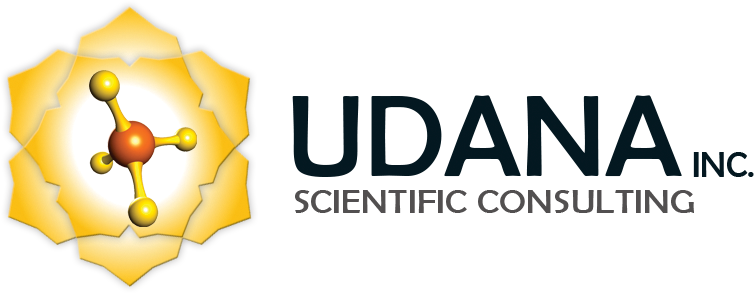Traditional medicines and therapies are sets of knowledge, techniques and medical procedures that have existed long before the development and spread of Western medicine.
They reflect the theories, beliefs and experiences of different cultures, whether or not they are explicable, used for the maintenance of health, as well as for the prevention, diagnosis, improvement or treatment of physical and mental illnesses.
In most countries, where national health systems use conventional medicine, therapies related to traditional medicine are considered complementary or alternative.
The term conventional medicine is also known
as western or allopathic medicine.
Traditional medicine varies from one country to another and covers different practices and concepts. Some practices seem to be beneficial, but others still have doubts.
There are data that support the use of certain medicines and traditional or alternative therapies. At present, the World Health Organization (WHO) encourages evidence-based scientific research to determine the safety, efficacy and quality of Traditional Medicine.
The National Center for Complementary and Alternative Medicine (National Center for Complementary and Alternative Medicine, NCCAM) of the United States defines Complementary and Alternative Medicine as:
«A set of systems, practices, medical products
and health care that is not considered
now part of conventional medicine. «
